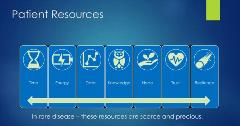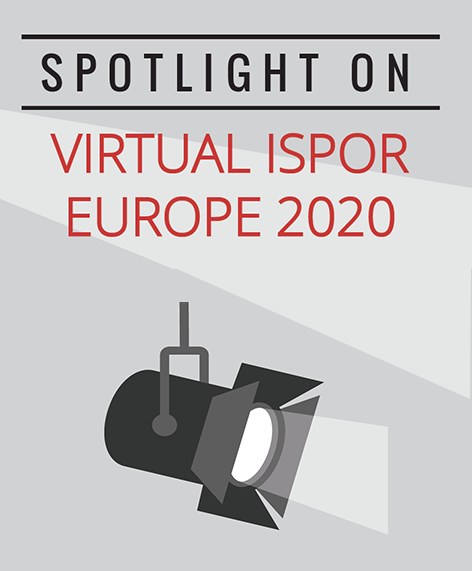Is It Time to Find Greater Efficiencies in HTA for Rare Diseases and Cell and Gene Therapies?
Christian Lamping, MSc and Felix Wolfrum, MSc, TH Köln - University of Applied Sciences, Cologne, Germany
“The sick population will have considerably shortened lives, poor quality of life, will often be very young, and will have no effective treatments available.”—Ron Akehurst, DSc
With this impressive statement, Ron Akehurst, DSc, BresMed Health Solutions, Sheffield, England, United Kingdom, opened the discussion on the efficiency of health technology assessments (HTAs) for rare diseases and cell and gene therapies. The evaluation of a new treatment against a comparator is a particular challenge in this context. A key issue is to identify metrics suitable to generate sufficient evidence to make a decision, as the current outcome measures do not adequately cover the impacts and needs of patients. This challenge was discussed from 3 different perspectives on collaboration (eg, Project Hercules) as an attempt to find solutions that use synergies, show new approaches, and streamline processes. The session was moderated by Josie Godfrey, BA, MA, JG Zebra Consulting, London, England, United Kingdom.
Collaboration Is Key
While clearly stating his frustration about the current situation, Akehurst is of the opinion that modifications to the system will not solve the problem. Key issues need to be tackled before and during the process of the treatment’s production. A collaboration of manufacturers might be one solution with Project Hercules representing leadership initiative being a perfect example.
“We are the biggest source of data and my plea to everybody would be to collect that data well. Collect it wisely, collect it consistently, and collect it efficiently.”—Fleur Chandler, PhD
Using Resources Wisely
Fleur Chandler, PhD, Sanofi, Reading, England, United Kingdom, representing the patient perspective agreed on the importance of collaborations. Moreover, she emphasized the importance of using the patients’ resources carefully, efficiently, and respectfully. Chandler defined 7 items of patient resources (Figure 1). These resources are acknowledged in the model created in the Hercules Project, which in her opinion could be replicated for other rare diseases.
Figure 1. Seven Patient Resources

Recommendations for Action
Sachin Kamal-Bahl, PhD, SKB Consulting Inc, Lansdale, PA, USA, representing an industry perspective advocated for a pragmatic approach to address the issue of increasing demand in therapy for rare diseases. He focused on the paradigm of how to measure forms of innovation such as gene therapy, which in his opinion are different from incremental benefits in the treatment of chronic diseases. According to Kamal-Bahl, 3 main action points comprise increasing system efficiencies, setting incentives, and defining values. These recommendations for action are united by the goal of increasing the speed of offering solutions to patients.
Looking Beyond the Traditional Concepts of Value
In the panel discussion, Akehurst acknowledged the arguments of Chandler and Kamel-Bahl for a broader approach to value. However, to Akehurst, the decision on the value of a therapy should be based on how they make the patients survive, feel, and function.
A question from the audience referred to multinational HTA bodies as a potential solution to the issue at hand. Akehurst and Chandler find positive aspects of a multinational HTA body. However, they see strong difficulties to align different interests (eg, heterogeneous countries). Chandler stated that a blanket HTA might not work, but Kamel-Bahl disagreed. A desirable pragmatic approach includes a more efficient multinational HTA body.
While the panelists viewed the issue of increasing demand for therapies for rare diseases from very different perspectives, all agree that collaboration—with Project Hercules being an outstanding example—might help to solve the most pressing issues.
Explore Related HEOR by Topic

